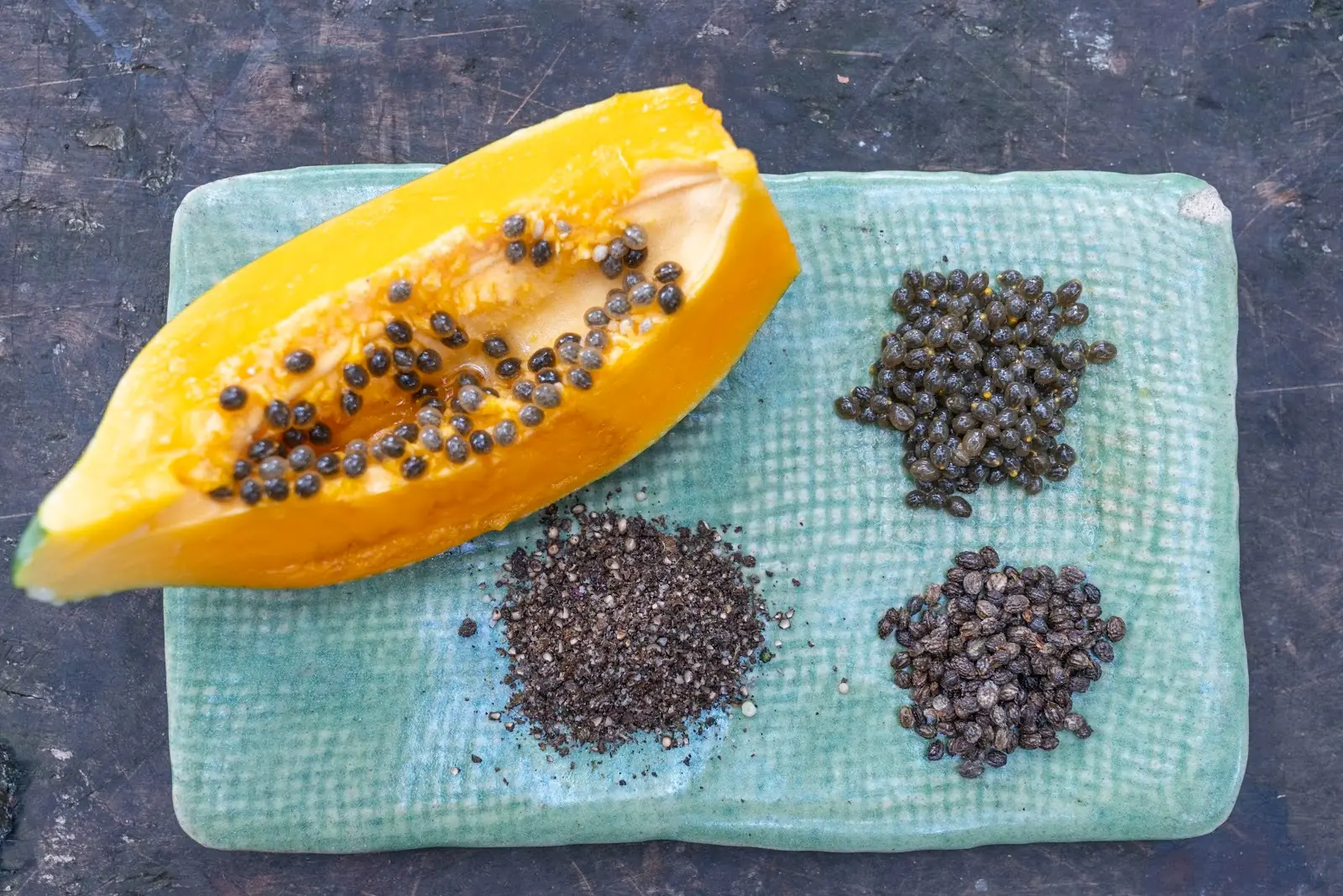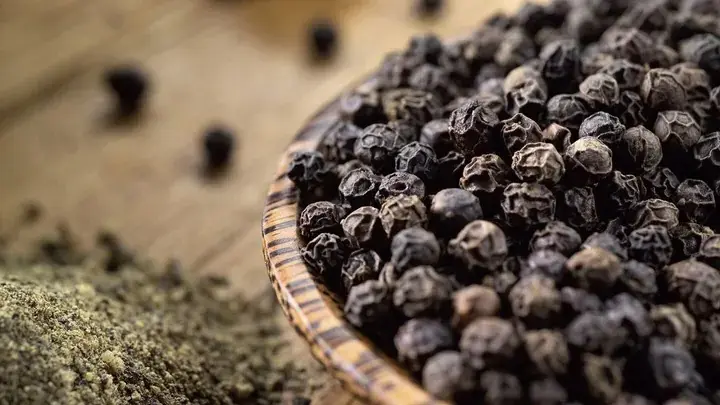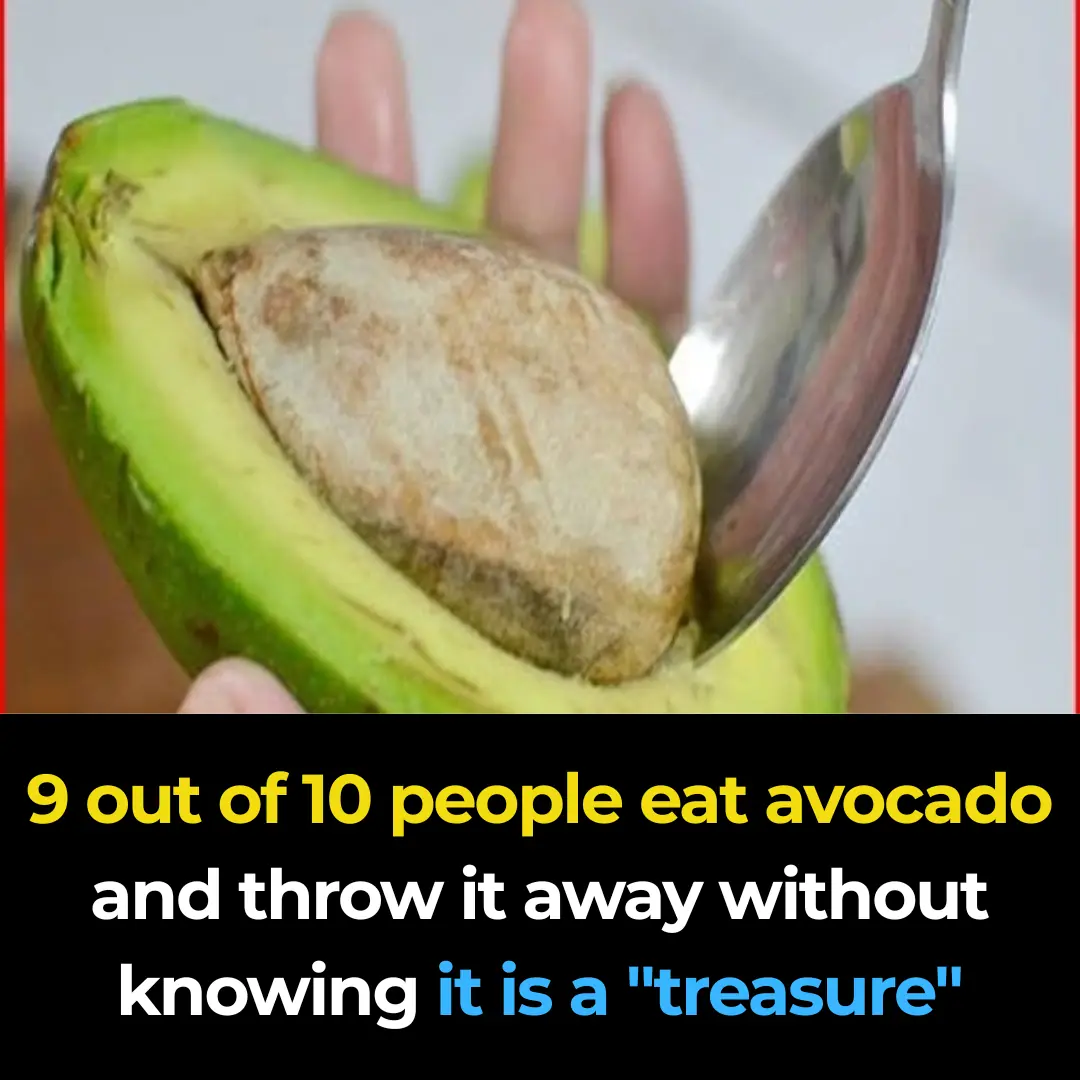
Which fruit prevents cancer cells from growing rapidly?
Cancer remains one of the most serious health challenges in the world today, claiming millions of lives every year. While no single food can guarantee protection from cancer, a growing body of scientific research suggests that diet plays a significant role in reducing the risk of cancer and slowing its progression. Among the many natural foods studied for their cancer-fighting properties, pomegranates have emerged as one of the most powerful fruits in preventing the rapid growth of cancer cells.
Pomegranates are rich in antioxidants, particularly polyphenols, which are compounds known to neutralize harmful free radicals in the body. Free radicals can damage healthy cells and contribute to the development and spread of cancer. The antioxidants in pomegranates, such as punicalagins and ellagic acid, are known for their ability to suppress inflammation, reduce oxidative stress, and even slow the growth of certain types of cancer cells.
Several laboratory and animal studies have demonstrated the anti-cancer potential of pomegranates. For instance, research conducted at the University of California, Los Angeles (UCLA) found that pomegranate juice significantly slowed the growth of prostate cancer cells in mice. Similarly, other studies have shown that pomegranate extracts can inhibit the proliferation of breast, lung, colon, and skin cancer cells. While these findings are mostly from preclinical studies, they strongly indicate that pomegranates may play a role in preventing cancer progression.
In addition to their antioxidant content, pomegranates have anti-inflammatory properties, which is crucial because chronic inflammation is a key factor in the development of cancer. By reducing inflammation, pomegranates may help create an internal environment that is less favorable for cancer cells to thrive and spread. The fruit also supports the immune system, further enhancing the body’s ability to detect and destroy abnormal cells before they become cancerous.
Another important component found in pomegranates is flavonoids, which can block enzymes that are involved in cancer cell growth. Some studies have found that certain flavonoids in pomegranates interfere with the ability of cancer cells to form new blood vessels, a process called angiogenesis, which is necessary for tumor growth. By limiting the blood supply to tumors, pomegranates may help starve cancer cells and prevent them from multiplying.
Pomegranates are also beneficial in supporting general health, which indirectly helps in the fight against cancer. They improve heart health, regulate blood pressure, support digestive health, and help maintain a healthy weight—all factors that can reduce the overall risk of developing cancer. Unlike some medical treatments, consuming pomegranate regularly has no harmful side effects when eaten as part of a balanced diet.
It is important to note, however, that pomegranates are not a cure for cancer, nor should they be seen as a substitute for medical treatment. Instead, they should be viewed as a complementary approach to a healthy lifestyle and cancer prevention. Consuming a diet rich in fruits, vegetables, whole grains, and lean proteins, combined with regular exercise and avoiding harmful habits like smoking, provides the best protection against cancer.
In conclusion, among the many fruits that offer health benefits, pomegranates stand out for their remarkable ability to help prevent the rapid growth of cancer cells. Their unique combination of antioxidants, anti-inflammatory agents, and cancer-fighting compounds make them a smart addition to any diet. While more human studies are needed to confirm their full potential, current research strongly supports the idea that pomegranates can play an important role in cancer prevention and overall health.
News in the same category


Seniors: the 1 simple ingredient that quickly rebuilds muscle

Doctors warn: this 1 cancer sign may show up in your sheets

How Water Fasting Can Regenerate the Immune System, Slow Aging, Reduce Heart Attack Risk and More

4 Reasons Why Cardiac Arrests Happen in The Bathroom

Shoulder Pain from Sleeping: Causes, Solutions and More

Cancer hates these 6 fruits—eat them to fight back!

Canadian Researchers Discover New Evidence That Vitamin D Shuts Down Cancer Cells

Signs of Arthritis You Shouldn’t Ignore

Research Reveals Two Life Stages of Accelerated Aging

9 Convincing Reasons to Consume More Dates

Unlocking the Hidden Potential of Papaya Seeds: A Nutritional Treasure

Garlic & Black Pepper: The Kitchen Cure for Leg Pain and More

Castor oil for older adults: key benefits and safety tips you shouldn’t miss

Top 10 signs of a gallbladder attack

Does The Inside Of Your Ear Itch

Disadvantages of Sleeping on Your Right Side: What Your Body Isn’t Telling You

A Natural Remedy for Thinning Hair

Simple Aloe Vera Trick Will Leave Your Skin Glowing
News Post

The fish that is the "king of omega-3," with salmon only ranking second: Sold everywhere in Vietnamese markets at incredibly low prices.

Tips for using rice water and ginger to nourish your hair, promoting faster growth and making it thicker, darker, and shinier.

Treat premature gray hair with a black dye formula made from sour starfruit and potatoes, as cheap as can be!

How to store chili peppers for months while keeping them as fresh as the day they were picked, with firm, plump flesh that doesn’t dry out or lose flavor.

10 people eat avocado, but 9 of them discard this part without realizing it's a "treasure."

How to help you travel thousands of miles without getting motion sickness.

Stick an Urgo Patch on Your Fan: A Clever Trick That Brings Amazing Benefits—Don’t Miss Out if You Haven’t Tried It

Tips to Prevent Blackening of Pots When Using a Gas Stove: Very Simple, Everyone Should Know

Drink coffee THIS way to protect and reverse liver damage caused by alcohol

Seniors: the 1 simple ingredient that quickly rebuilds muscle

Doctors warn: this 1 cancer sign may show up in your sheets

Don’t Throw Away Bubble Wrap — Keep It in Your Kitchen to Discover These Amazing Benefits

Revive Your Nails with This Garlic Secret

17 Natural Habits to Keep Your Colon Healthy

7 Nettle benefits and uses

7 Benefits Of Papaya Seeds & How To Consume Them Correctly

How Water Fasting Can Regenerate the Immune System, Slow Aging, Reduce Heart Attack Risk and More

4 Reasons Why Cardiac Arrests Happen in The Bathroom

Shoulder Pain from Sleeping: Causes, Solutions and More
